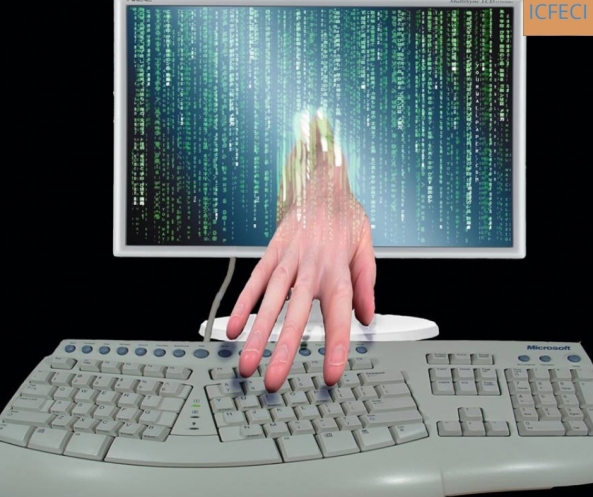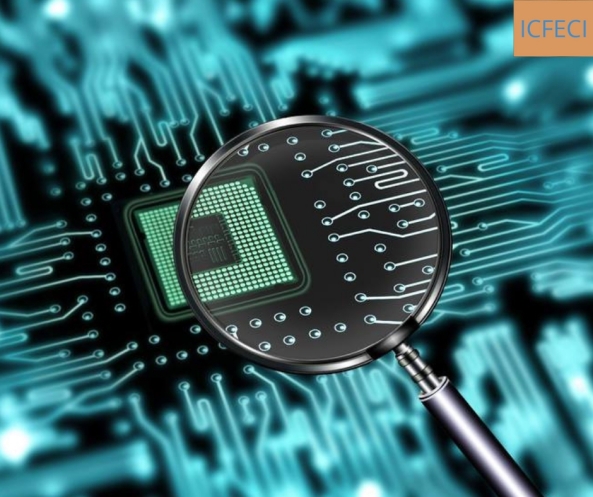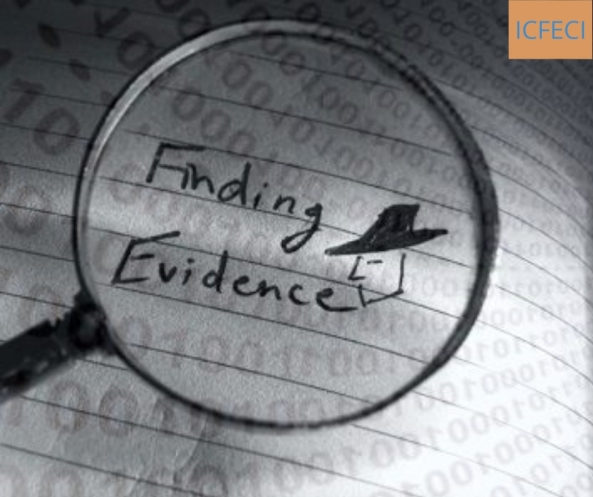Computer forensics refers to the process of collecting and analyzing latent evidence generated by computers and other digital devices. A digital forensics investigator has knowledge of the law and computer science in addition to data collection techniques to provide expert services.
As the digital evidence is extremely volatile, it needs to be preserved and handled in a forensically sound manner. Forensic investigations will also include preserving and analyzing data from computer networks, electronic storage devices, wireless networks, and other electronic devices and preparing collected evidence to be presented in courts. Electronic devices may leave invisible trails. Exploring those trails, by mining data to expose who, what, when, where, why and how is a primary purpose of computer forensics.
Computer forensics service falls within the broader legal concept of electronic or e-discovery. The process includes gathering data, documents or email in preparation for legal action that may lead to trial. With the increase in the use of the internet, the instance of Cybercrime has increased in parallel and so has the need for Computer Forensics experts. At ICFECI, Dan James, experienced computer forensics Service, will be able to provide e-discovery services that will help you litigate in the most effective way possible. He handles computer/cell phone forensics and criminal investigations. His clients are accused of crimes and or they are defendants. Some companies that offer these technological services may just host and process your data and step away. It is important to work with him so that he can locate, analyze, and produce the information that you need to make the most educated decisions possible.
Courts appoint Dan James to investigate indictments of criminal defendants because he has the tools and expertise necessary to evaluate large data sets like emails and documents. He has the able to apply the forensics necessary to take a deeper look into an individual's activities. Those skills can be used to extract important data from phone records as well as from computers. The extracted data my reveal exculpatory evidence.
The need for computer forensics expert becomes all the more important when one considers the facts that documents may be the only data that matters. That evidence is in electronic form and it may not be limited only to one computer system or a mobile device. Data may have been stored in the cloud, in other servers or simply deleted. An expert computer forensic investigator has a tough task. He looks for data without knowing what it is. Along with some useful information and algorithms he may uncover gigabytes of other information. It is for him to resurrect and reconstruct data and extract only the meaningful parts, all done using a forensically sound method that does not change or alter the original data in the system in any way. This calls for specialized techniques, forensic tools and use of a well-equipped lab.
Algorithmic extraction of meaningful data is, of course, a prime consideration but what is more important is that the computer forensic professional must also have full knowledge of the law and be able to present forensically sound evidence in a way that is acceptable in court.
Cybercrime today is not limited to one geographic location. It is also not restricted to use of only one device to store data. Data may be spread across various devices and may have been encrypted or deleted. It is for the expert to follow the trails, mining data, and use his expertise as well as experience to retrieve valid evidence that withstands legal scrutiny.
At ICFECI, we understand that finding the right representation can be difficult. ICFECI has, without question, earned a reputation by delivering what it promises.










